What really causes inflation? Here’s what prices since 1970 tell us
As UK inflation hits 3.2%, Dominic Frisby compares the cost of living 50 years ago with that of today, and explains how debt drives prices higher.

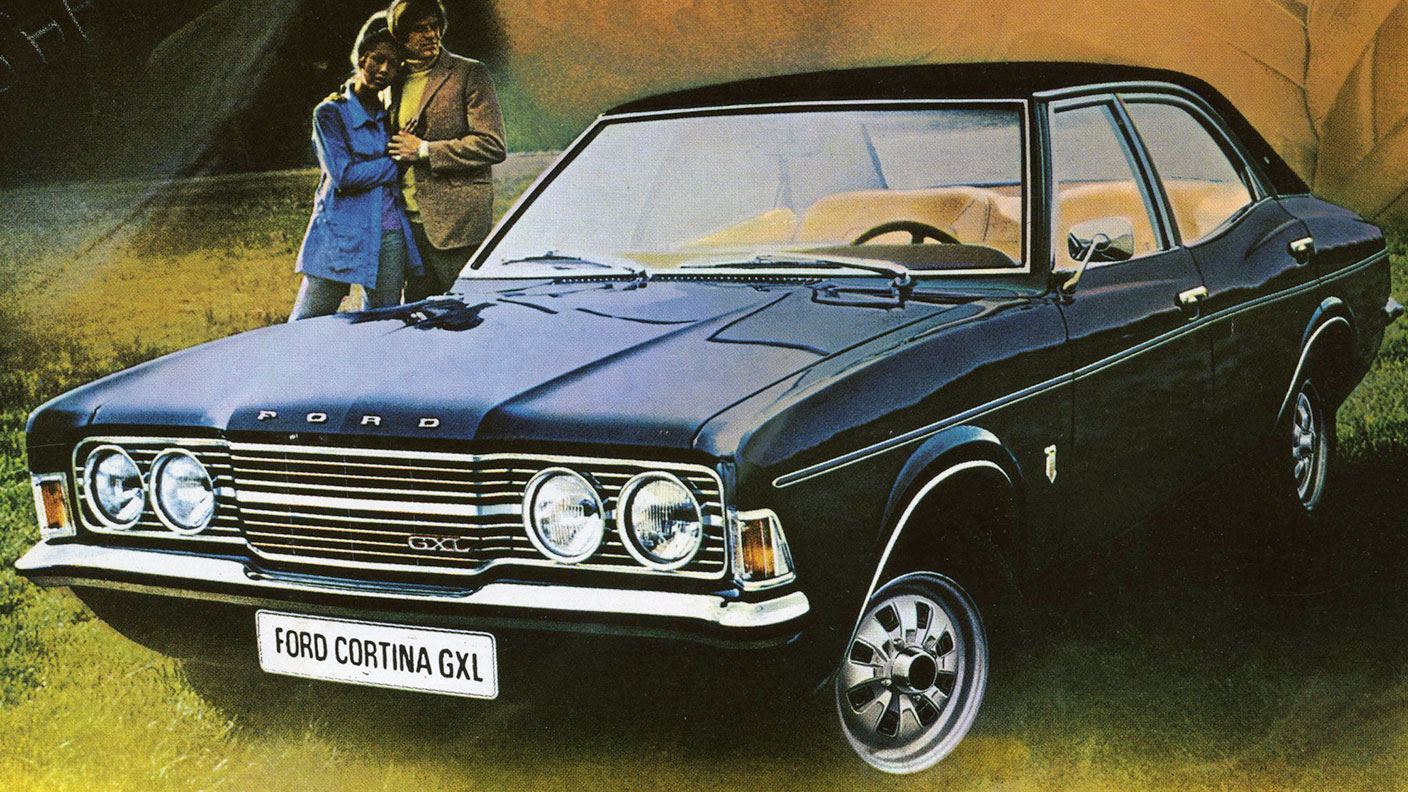
Get the latest financial news, insights and expert analysis from our award-winning MoneyWeek team, to help you understand what really matters when it comes to your finances.
You are now subscribed
Your newsletter sign-up was successful
Want to add more newsletters?

Twice daily
MoneyWeek
Get the latest financial news, insights and expert analysis from our award-winning MoneyWeek team, to help you understand what really matters when it comes to your finances.

Four times a week
Look After My Bills
Sign up to our free money-saving newsletter, filled with the latest news and expert advice to help you find the best tips and deals for managing your bills. Start saving today!
(John here: just before I let Dominic get started, I wanted to give you some advance notice – the MoneyWeek Wealth Summit is back this year! We’ll be letting you know all about it in more detail next week, but just wanted to let you know to keep an eye out. It’ll be a virtual event this year so you’ll be able to watch from the comfort of your own home, and we already have some cracking guests lined up – more news to come soon!)
The UK inflation rate has just hit an annual rate of 3.2%. That’s up from 2% in July. It’s the biggest monthly increase since they began measuring inflation in this way (ie, using the Consumer Prices Index – CPI) in 1997.
The main cause of the rise, says the Office for National Statistics (ONS), is higher food costs.
MoneyWeek
Subscribe to MoneyWeek today and get your first six magazine issues absolutely FREE

Sign up to Money Morning
Don't miss the latest investment and personal finances news, market analysis, plus money-saving tips with our free twice-daily newsletter
Don't miss the latest investment and personal finances news, market analysis, plus money-saving tips with our free twice-daily newsletter
The Bank of England's target is 2%, so we are above that – again. Will it put up rates? Don’t be stupid: the situation is "temporary", says the ONS.
Yeah, right.
How prices and wages have changed since 1970
Today we consider real inflation. Not the official, bogus measures, but the real cost of living of 50 years ago compared to today. And in doing so we explain where to put your money in a world awash with printed money.
I’ve spent quite a bit of time compiling the data in the table below. Cast your eye over it; it shows the price of various items in 1970 compared to their price today.
I’ve used various different sources from across the net, from the ONS to broadsheets to blogs. I can’t list them all here (there isn’t space). The numbers are pretty sound (more details as I discuss below), though quibble-with-able.
| Average salary (before tax) | £1,456 | £29,744 | 20x | No |
| Average house | £4,057 | £265,668 | 65x | Yes + debt |
| Ford Cortina | £882 | £28,500 (Ford Mondeo) | 32x | No + debt |
| Range Rover | £1,998 | From £83,525 | 42x | No + debt |
| Pint of beer | 15p | >£5 | 33x | No + tax |
| Pint of milk | 6p | 55p | 9x | No |
| Gallon of petrol | 31p | >£5 | 16x | No + tax |
| 12 eggs | 18p | £3 | 20x | No |
| Washing machine | £90 | £400 | 4x | No |
| Phone call (1976 - 6 mins local) | 10p | ? | - | No |
The first and overriding observation is just how much everything has risen in price. It’s worth remembering that over the course of the 19th century in the UK, under a gold standard, prices fell. The same century saw the most explosive real wage growth in British history.
Under a fiat standard, the story is very different. Wages have risen, but, with a few exceptions, the cost of stuff has risen by much more.
Income tax, certainly at the higher end, was higher in 1970, but the overall tax burden and cost of government was lower. There were fewer stealth taxes, VAT was lower and so on. Government itself was much smaller, so it cost less.
As I am forever saying, your government is by far and away the most expensive purchase you will ever make in your life; more than half of everything you ever earn goes on it. And it’s not like it’s a voluntary or discretionary purchase: you have to pay for it, whether you like it or not. That’s social democracy – or democratic socialism, I’ve forgotten which we live under.
Nevertheless, taxation aside, we see that average wages have gone up by 20 times, give or take, over the last 50 years. However, there have been huge deflationary forces at work, which have driven down the cost of labour.
With more women entering the workforce, it has expanded and there has been more competition for jobs, which has driven down prices. Cheap immigrant or outsourced labour has also driven down wages to an enormous extent. Great if you’re an employer, not so great for the employees.
In short, there is no shortage of labour supply and, for the most part, we don’t use debt to buy labour. It is usually paid out of cash flow.
If you buy it with debt, it’s gone up an awful lot
With houses, however, there is a very different story. House prices have gone up more than 65 times over the same period. If wages had gone up by as much as house prices over the period, the average salary would be around £95,000. Imagine.
Then imagine if London wages had gone up by as much as London house prices: there isn’t enough space on the page to print the required number of zeros.
The key observations about these high prices are, first, that the supply of housing, thanks to planning laws, is more limited than the supply of labour; second, and perhaps more importantly, we use debt to buy houses. New debt entering the market – newly-created money in other words – has pushed up house prices in a way that could not have happened if this was a cash market.
A similar dynamic has been at play in the car market. Cars are obviously a lot better today than they were in the 1970s, but their supply is not finite in any meaningful way, and the effect of improved productivity should have had a deflationary effect.
Yet we see the average car – a Ford Cortina in 1970, a Ford Mondeo today – is 32 times more expensive, while the luxury car that is the Range Rover is over 40 times dearer. The reason? We use finance to buy cars; cheap debt has pushed up car prices too.
On the other hand, we don’t use finance to buy bread, milk or eggs, while the production techniques for each have dramatically improved. I don’t think battery farming even existed in 1970, certainly not like it does today, and cheap milk imports from Poland certainly didn’t exist either. So, with improved productivity, and neither debt nor limited supply to push up prices, basic, low end staple food costs have fallen relative to wages. With sound money they would have fallen by a lot more.
This same dynamic doesn’t apply to beer costs. Why? In recent times the extra cost of serving beer in a Covid-compliant manner has driven up prices, but the main villain has been increased alcohol duty. Cost of government, in other words. The actual cost of making beer, before all the add-ons, is quite low.
The same goes for fuel. Cheap oil is much harder to produce than it was in 1970, even if oil production techniques have improved, but around 70% of the cost of petrol at the pump is the cost of government (taxes and duties).
When we look at the cost of washing machines, we see the other big factor at play: globalisation. On the whole, we don’t use finance to buy such items. They have been prone to the deflationary force of improved productivity and globalisation; washing machine buyers benefit from China’s cheap labour and the export of its deflation, and so washing machine prices have “only” quadrupled.
The one thing that’s got cheaper – communication
And what about the cost of phone calls? Technically, a one-minute phone call to a landline costs 3p, but then again I can have a one hour video conference call with anyone anywhere in the world for free. If you want to see the deflationary forces of improved technology at work, look no further than the cost of communication. Even in a world of rampant money printing, it has gone to almost nothing. There’s the scalability of digital tech for you right there.
The way to play money printing? Own assets of which there is a finite supply, and which people use debt or cheap money (and that includes leverage) to buy. Houses, stocks, collectibles – all the stuff that’s been going up.
None of this will change until the money system changes.
Daylight Robbery – How Tax Shaped The Past And Will Change The Future is now out in paperback at Amazon and all good bookstores with the audiobook, read by Dominic, on Audible and elsewhere.
Get the latest financial news, insights and expert analysis from our award-winning MoneyWeek team, to help you understand what really matters when it comes to your finances.

-
 Should you buy an active ETF?
Should you buy an active ETF?ETFs are often mischaracterised as passive products, but they can be a convenient way to add active management to your portfolio
-
 Power up your pension before 5 April – easy ways to save before the tax year end
Power up your pension before 5 April – easy ways to save before the tax year endWith the end of the tax year looming, pension savers currently have a window to review and maximise what’s going into their retirement funds – we look at how
-
 Why investors can no longer trust traditional statistical indicators
Why investors can no longer trust traditional statistical indicatorsOpinion The statistical indicators and data investors have relied on for decades are no longer fit for purpose. It's time to move on, says Helen Thomas
-
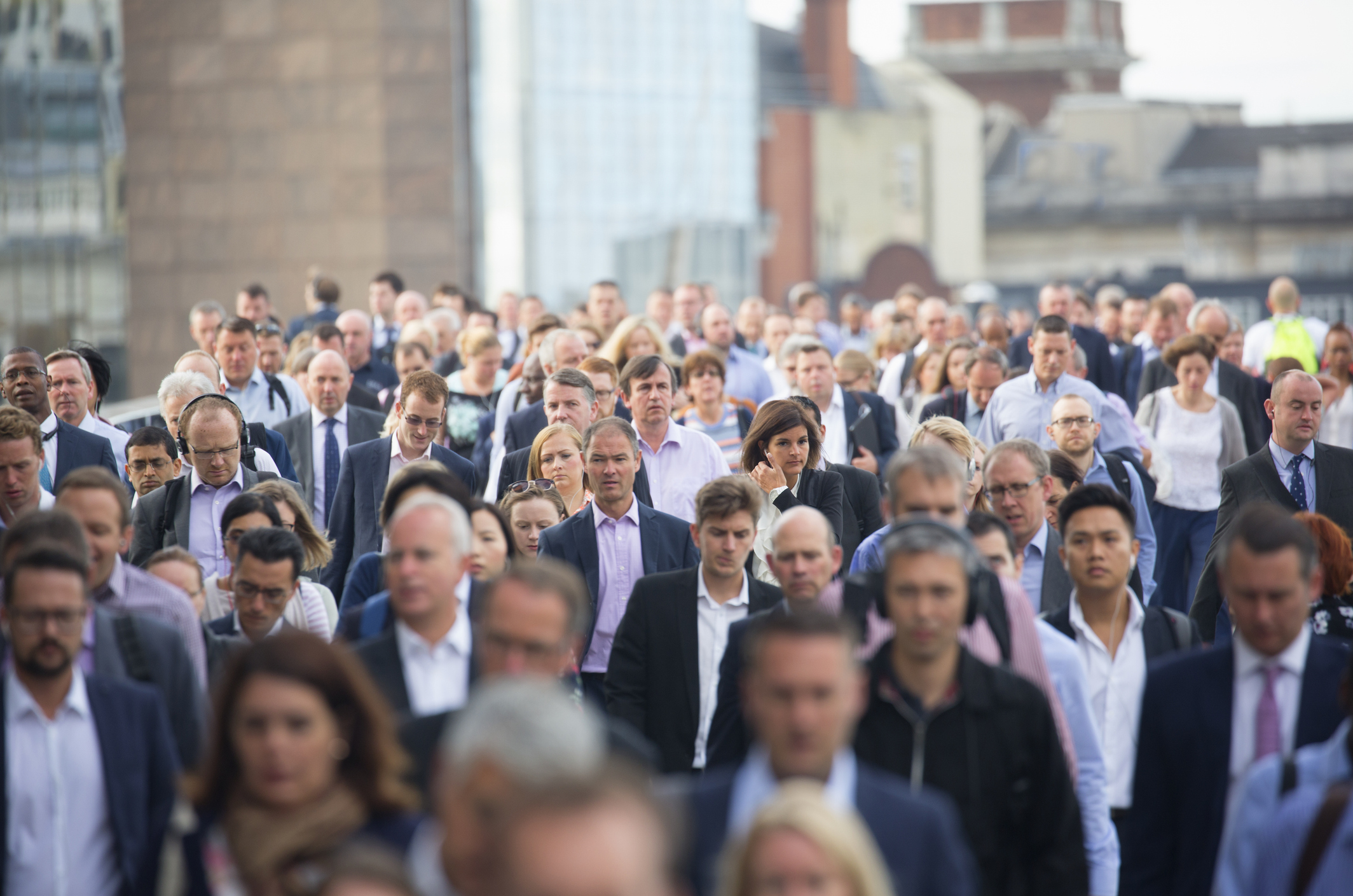 Unemployment remains at five-year high as wage growth continues to slow
Unemployment remains at five-year high as wage growth continues to slowUnemployment in the UK held at 5.1% in the three months to November as wage growth fell again month-on-month.
-
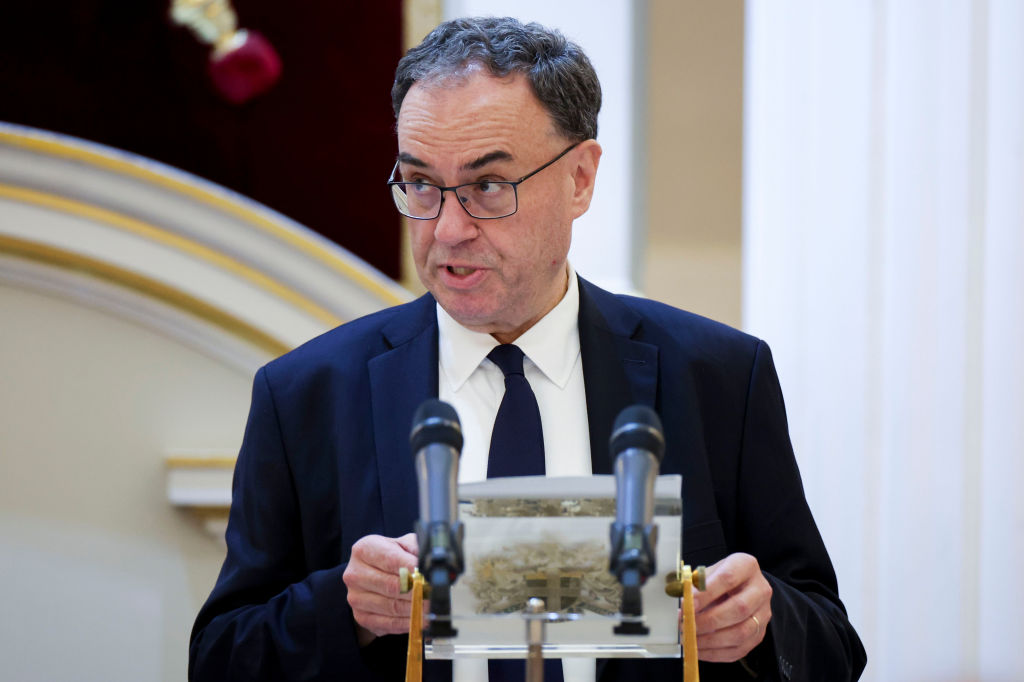 Is the Office for National Statistics fit for purpose?
Is the Office for National Statistics fit for purpose?Britain’s statistics authority, the Office for National Statistics, is increasingly unfit for purpose. Why, and what can be done?
-
 UK inflation forecast: where are prices heading next?
UK inflation forecast: where are prices heading next?UK inflation fell sharply in January. Is price growth expected to fall further in 2026, and when will inflation go back to the 2% target?
-
 Uncertainty ahead of the Budget causes house price growth to stall, says Rightmove
Uncertainty ahead of the Budget causes house price growth to stall, says RightmoveProperty website Rightmove says asking prices increased by just 0.3% in October, well below the 1.3% average for the month
-
 ONS: UK economy grew by ‘lacklustre’ 0.1% in final quarter of 2025
ONS: UK economy grew by ‘lacklustre’ 0.1% in final quarter of 2025The construction sector performed its worst in more than four years in the final quarter of 2025, the latest Office for National Statistics (ONS) GDP figures show
-
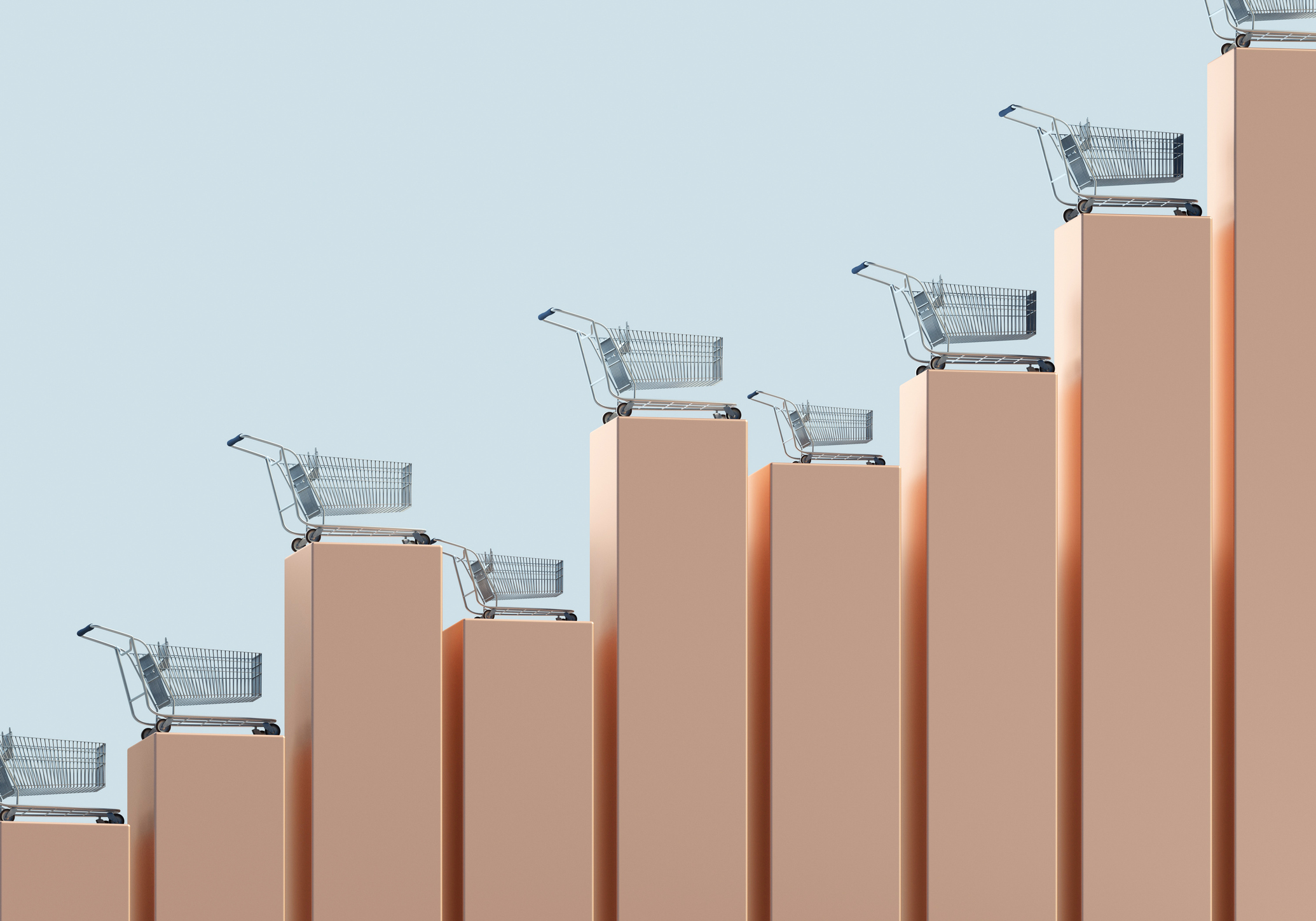 UK inflation: What are the Consumer Price Index release dates?
UK inflation: What are the Consumer Price Index release dates?The UK’s inflation reports are published monthly. When do they come out and where are prices heading?
-
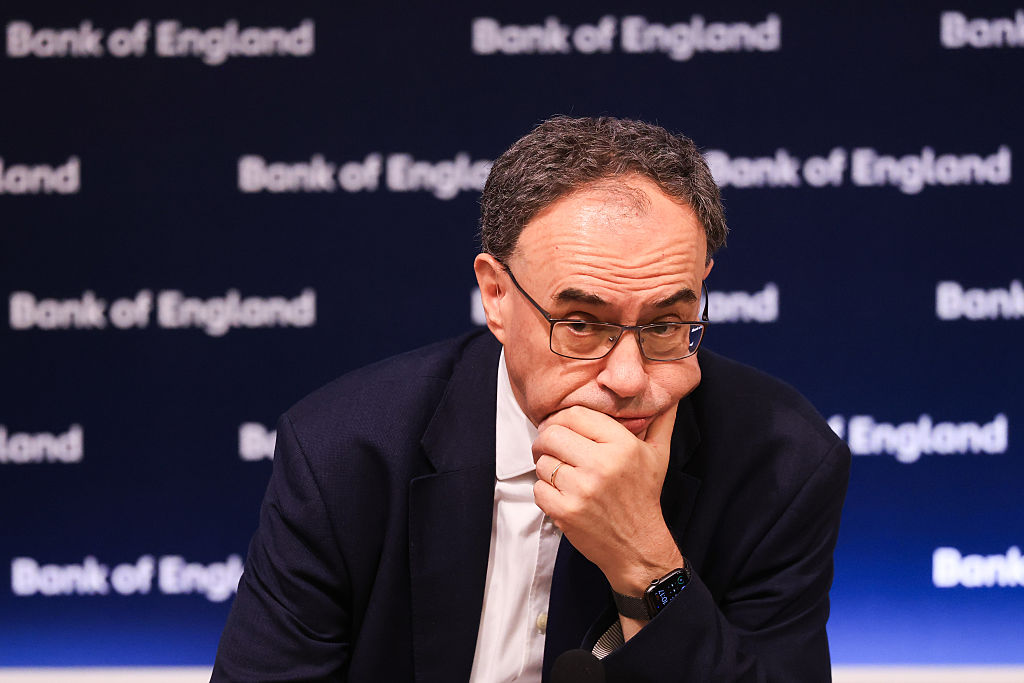 When is the next Bank of England base rate meeting?
When is the next Bank of England base rate meeting?The Bank of England held interest rates at 3.75% in February 2026. When is the next Monetary Policy Committee meeting and will interest rates fall further this year?